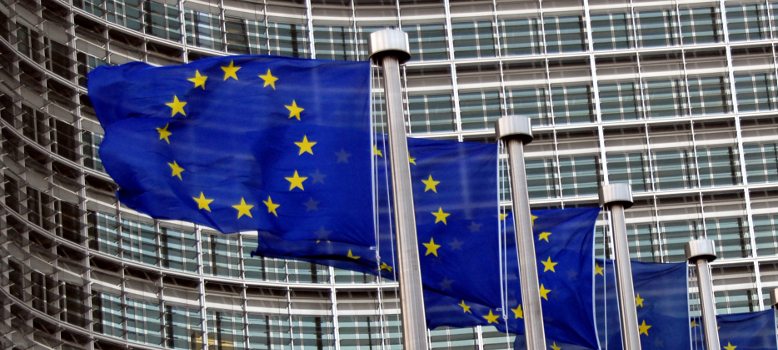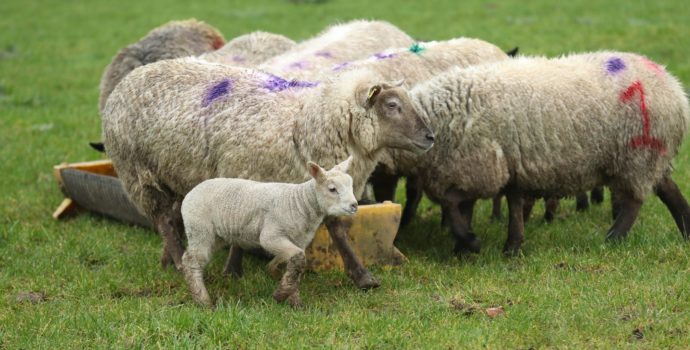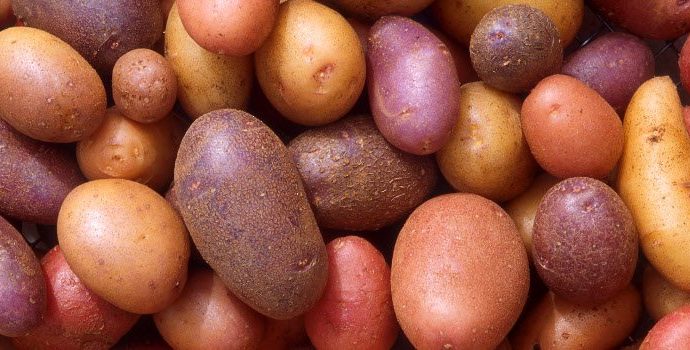Brexit Bad for Irish Agriculture – IFA President Appeals to Families and Friends to Vote to Remain

IFA President Joe Healy has warned that a British exit from the EU would be very damaging for the farming and food sector in Ireland. Speaking at a briefing with representatives from the agri-food industry in Dublin this morning, the IFA President appealed to the Irish community living in the UK to support the position that keeps the EU intact.
He said, “From an Irish farming and agri-food perspective, it is hugely important for Ireland that the UK remains within the EU. While a UK exit from the EU would be negative overall for the Irish economy, the stakes are highest for farming and the agri-food sector, with our huge dependence on the UK market for our €4.4bn exports, the shared land border, and the potential impact on the CAP budget”.
The UK represents our most important agri-food export market, accounting for over 40% of Irish agricultural exports. It is the destination for over 50% of our beef, 60% of our cheese, €350m worth of pigmeat exports and almost 100% of our mushroom exports. It is a high-value market, with customers sharing the same language and with similar consumer preferences as Irish customers.
Joe Healy said, “Should the UK vote to leave the EU, Irish agriculture would undoubtedly suffer negative consequences, both in the short-term and the longer term. Already in 2016, we have seen a weakening of sterling against the euro, arising mainly from the uncertainty on the referendum outcome. This has reduced the competitiveness of Irish exports, with a disproportionate impact on the Irish agri-food sector”.
In the longer term, the uncertainties presented by the changed trading relationship between the UK and EU pose a significant threat, with the potential reintroduction of tariffs, quotas, and border controls. The costs of trading with the UK would, inevitably, rise. In addition, the threat of displacement of Irish product from the UK market is very real, should the UK enter into preferential trade agreements with other exporting countries.
Joe Healy said the consequences of the changed trading relationship would extend to other areas, such as animal health. With a shared land border between Ireland and the UK, the risks to the health of the animal population would increase, if, over time, different regulatory regimes were pursued between Ireland and the UK.
The UK is a net contributor of €8bn the EU budget, and its withdrawal would put pressure on the CAP budget. Irish agriculture is a significant beneficiary from the CAP budget, receiving over €1.5bn annually through Direct Payments and the Rural Development programme.
Ireland and the UK joined the EEC together over 40 years ago. As part of an EU of 28 diverse Member States, our shared strong economic, social and cultural links make the UK a very important partner and ally in Europe. There are many risks arising from a potential UK exit from the EU. It is IFA’s strong position that Irish agriculture, the agri-food sector, and overall economy are stronger with a UK operating from within the EU.
Concluding, Mr Healy said, “With a long history of emigration to the UK to find work, all Irish farm families have family members, relatives and friends living in the UK and eligible to vote. We are asking farm families, families in rural Ireland and across the country to communicate the concerns and risks that we are highlighting today. Our appeal is to those voting to take the concerns into account and to vote for the UK to remain within the EU”.




